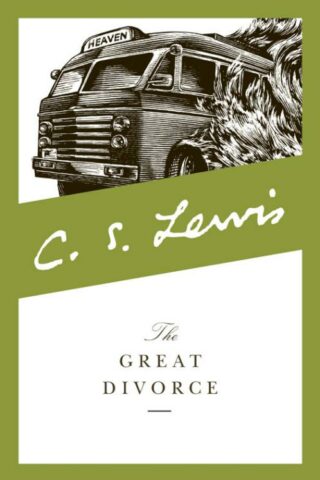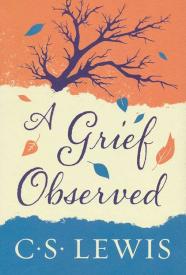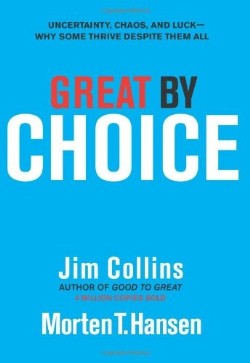Heretics : The Other Side Of Early Christianity
$35.99
According to the official view, held for almost two thousand years, early Christianity was marked by great harmony, and heresy only emerged at a later stage. This book, written in nontechnical language for interested non-theologians, argues that such a picture is wishful thinking.
Using all available sources, including newly-discovered Gnostic texts, Professor Luedemann argues that in many areas, ‘heresy’ in fact preceded ‘orthodoxy’ and was later forcibly replaced by it. The controversies shed an interesting light on the human character and concerns of the first Christians, who were occupied not only with right belief but also with power. The first chapter investigates the positions of Christians in Jerusalem in the first two centuries, since they were the ones who in fact introduced the concept of heresy into the church, and pays particular attention to the revision of the portrait of Paul and his theology. Then it goes on to the dramatic events around Marcion and his approach to a scriptural canon. Thirdly, it examines the conflicts underlying the Johannine writings, the formation of the Apostles’ Creed and the formation of the New Testament canon.
Professor Luedemann argues that his findings have important and liberating consequences for the understanding of both Christianity and the Bible.
in stock within 3-5 days of online purchase
SKU (ISBN): 9780334026167
ISBN10: 0334026164
Gerd Ludemann
Binding: Trade Paper
Published: June 2012
Publisher: SCM Press
Print On Demand Product
Related products
-
Great Divorce
$17.99C.S. Lewis takes us on a profound journey through both heaven and hell in this engaging allegorical tale. Using his extraordinary descriptive powers, Lewis introduces us to supernatural beings who will change the way we think about good and evil. In The Great Divorce C.S. Lewis again employs his formidable talent for fable and allegory. The writer, in a dream, finds himself in a bus which travels between Hell and Heaven. This is the starting point for an extraordinary meditation upon good and evil which takes issue with William Blake’s The Marriage of Heaven and Hell.
Add to cart1 in stock (additional units can be purchased)
-
Grief Observed
$15.99Written by C. S. Lewis with love and humility, this brief but poignant volume was first published in 1961 and courageously encounters the anger and heart-break that followed the death of his wife, an American-born poet, Joy Davidman. Handwritten entries from notebooks that Lewis found in his home capture the doubt and anguish that we all face in times of great loss. He questions his beliefs in this graceful and poignant affirmation of faith in the face of senseless loss.
Add to cartin stock within 3-5 days of online purchase
-
Great By Choice
$29.99The new question
Ten years after the worldwide bestseller Good to Great, Jim Collins returns with another groundbreaking work, this time to ask: Why do some companies thrive in uncertainty, even chaos, and others do not? Based on nine years of research, buttressed by rigorous analysis and infused with engaging stories, Collins and his colleague, Morten Hansen, enumerate the principles for building a truly great enterprise in unpredictable, tumultuous, and fast-moving times.The new study
Great by Choice distinguishes itself from Collins’s prior work by its focus not just on performance, but also on the type of unstable environments faced by leaders today.With a team of more than twenty researchers, Collins and Hansen studied companies that rose to greatness-beating their industry indexes by a minimum of ten times over fifteen years-in environments characterized by big forces and rapid shifts that leaders could not predict or control. The research team then contrasted these “10X companies” to a carefully selected set of comparison companies that failed to achieve greatness in similarly extreme environments.
The new findings
The study results were full of provocative surprises. Such as:The best leaders were not more risk taking, more visionary, and more creative than the comparisons; they were more disciplined, more empirical, and more paranoid.
Innovation by itself turns out not to be the trump card in a chaotic and uncertain world; more important is the ability to scale innovation, to blend creativity with discipline.
Following the belief that leading in a “fast world” always requires “fast decisions” and “fast action” is a good way to get killed.
The great companies changed less in reaction to a radically changing world than the comparison companies.
The authors challenge conventional wisdom with thought-provoking, sticky, and supremely practical concepts. They include: 10Xers; the 20 Mile March; Fire Bullets, Then Cannonballs; Leading above the Death Line; Zoom Out, Then Zoom In; and the SMaC Recipe.Finally, in the last chapter, Collins and Hansen present their most provocative and original analysis: defining, quantifying, and studying the role of luck. The great companies and the leaders who built them were not luckier than the comparisons, but they did get a higher Return on Luck.
This book is classic Collins: contrarian, data-driven, and uplifting. He and Hansen show convincingly that, even in a chaotic and uncer
Add to cart1 in stock






Reviews
There are no reviews yet.